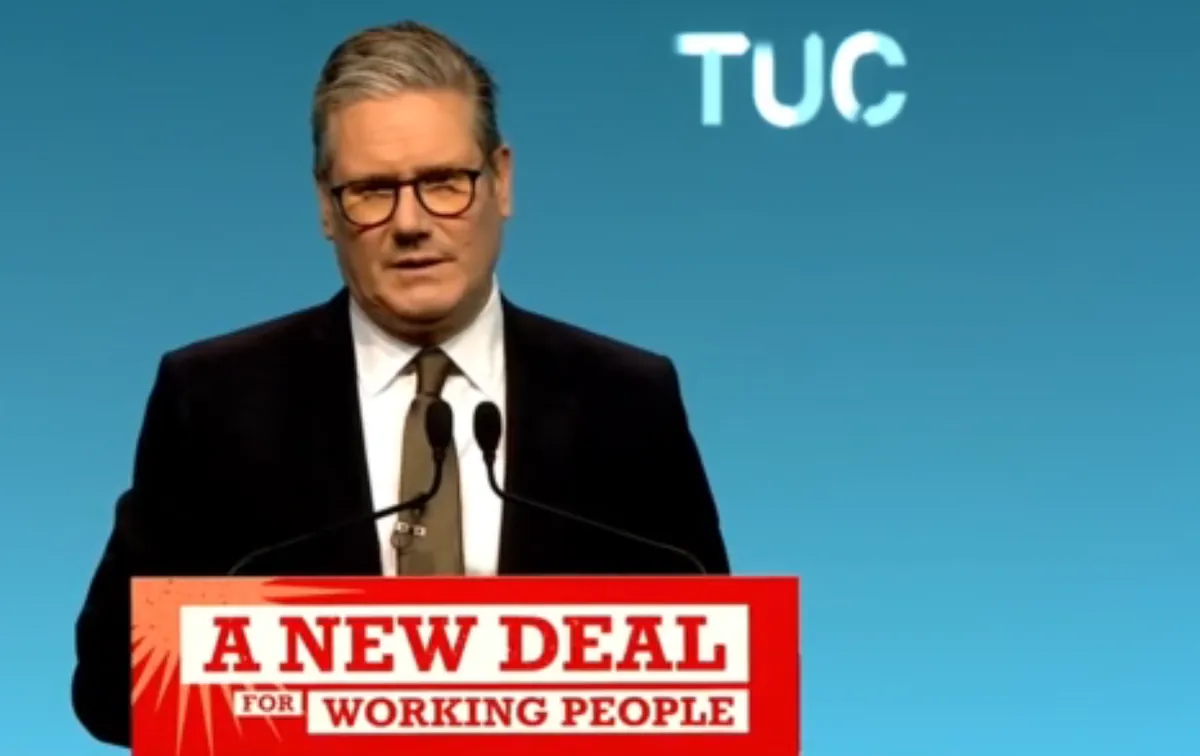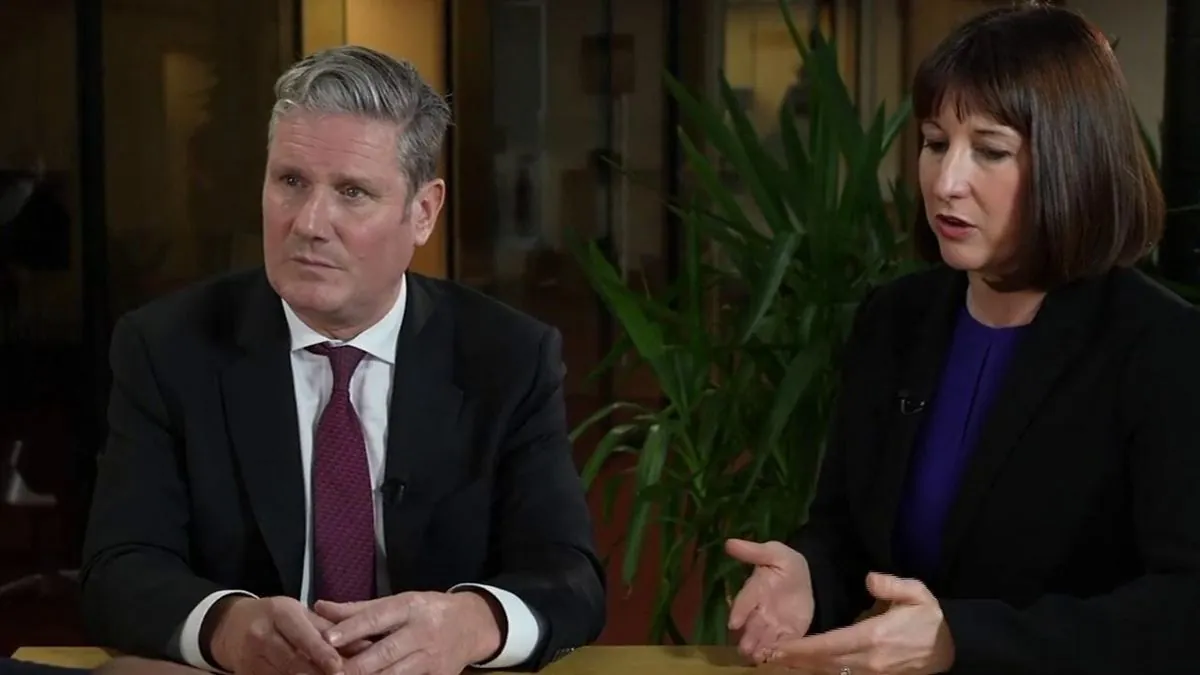Starmer Prioritizes Growth in Upcoming UK Budget, Warns Against Unfunded Commitments
British PM Keir Starmer emphasizes economic growth in the upcoming budget, addressing financial challenges left by predecessors. He warns against unfunded commitments, drawing lessons from past crises.

Keir Starmer, the British Prime Minister, has outlined his government's approach to the forthcoming budget, emphasizing a focus on economic growth while cautioning against unfunded spending commitments. Speaking to reporters during a visit to Italy, Starmer addressed the financial challenges inherited from the previous Conservative administration.
The upcoming budget, scheduled for October 30, 2024, will be presented by Finance Minister Rachel Reeves. It comes at a critical time for the UK economy, which has faced significant hurdles in recent years. The Labour government, elected in July 2024, is tasked with addressing a reported £22 billion deficit in public finances.
Starmer's strategy for economic decision-making is clear:
- Promote economic growth
- Ensure fiscal stability
- Avoid measures that inhibit growth
The Prime Minister stressed the importance of stability as a foundation for economic growth, stating, "We're going to do the really hard stuff now." This approach reflects Labour's commitment to fiscal responsibility, with a rule that day-to-day costs must be met by revenues and debt should decrease as a share of the economy within a five-year budget forecast.

Starmer's cautious approach to economic management comes in the wake of recent financial turbulence. In 2022, the UK experienced a significant economic crisis following former Prime Minister Liz Truss's unfunded budget measures, which led to her resignation after just 45 days in office – the shortest tenure in British history.
The current government faces numerous economic challenges:
- Public sector net debt reached £2.5 trillion by July 2023
- Inflation peaked at 11.1% in October 2022, a 41-year high
- GDP growth rate for Q2 2023 was only 0.2%
- The Bank of England's base rate stood at 5.25% in September 2023
While acknowledging the need for investment, Starmer warned against repeating past mistakes: "Unfunded commitments for spending are just as bad [as unfunded tax cuts] and likely to have the same impact on the economy."
The Labour government's economic strategy must also contend with the ongoing effects of Brexit, which has reshaped the UK's economic relationships since January 31, 2020. Additionally, the country's productivity growth has remained sluggish since the 2008 financial crisis, presenting a long-term challenge for policymakers.
As the October 30 budget approaches, all eyes will be on Rachel Reeves and the Labour government's plans to balance growth initiatives with fiscal responsibility. The outcome of this budget could set the tone for the UK's economic trajectory in the coming years, as the country seeks to overcome recent setbacks and build a more stable and prosperous future.


































